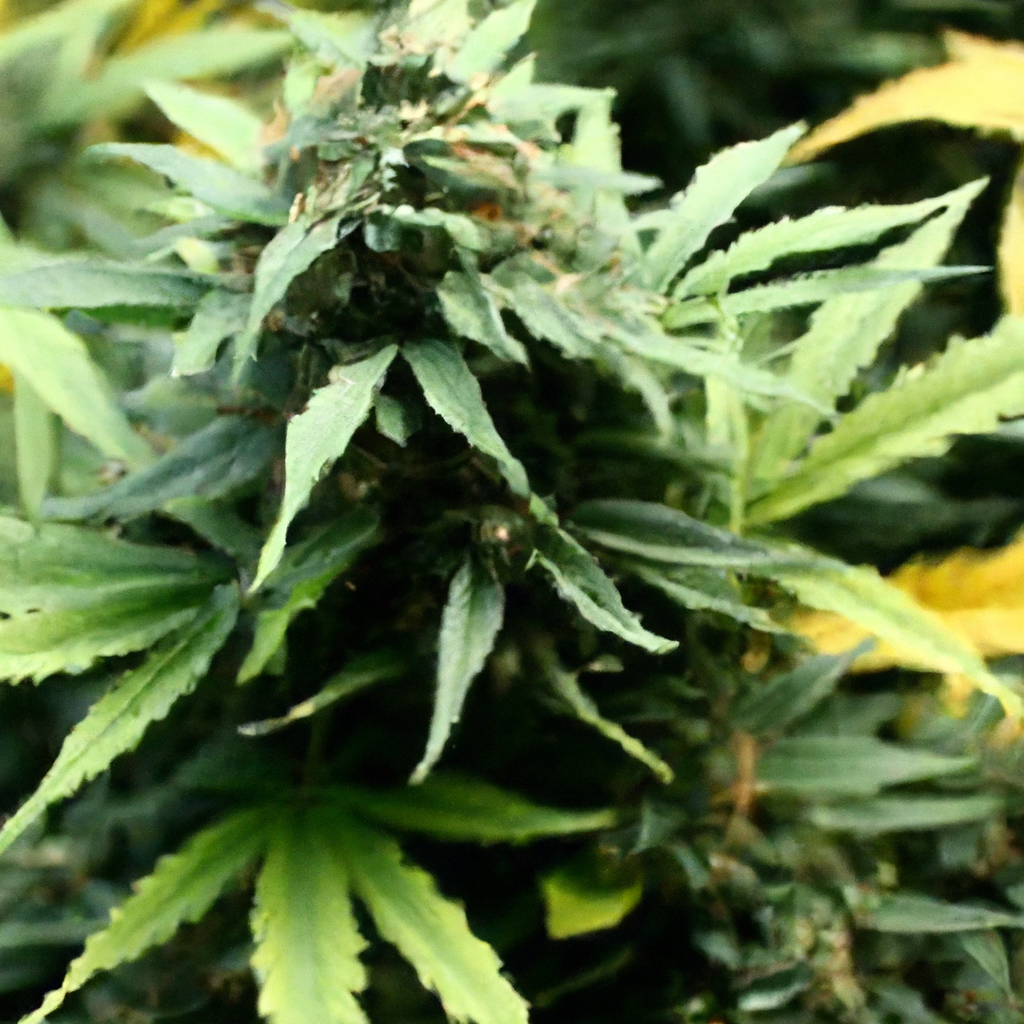Your cart is currently empty!
As the demand for clean, eco-friendly cultivation practices rise, the trend towards organic cannabis production is steadily gaining momentum. Discovering best practices for organic growing not only supports environmental health but also yields superior, natural products for consumers. In this guide, we’ll explore the essentials of organic cannabis cultivation, from nurturing soil ecosystems to using natural pest control methods.
Building a Healthy Soil Ecosystem
Creating a robust soil ecosystem is the foundation of successful organic cannabis growth. Healthy soil is teeming with beneficial microbes and fungi which aid in nutrient absorption and plant immunity. Here are the key practices to enhance soil health:
- Compost Use: Regularly incorporate organic compost to enrich soil with essential nutrients and improve its structure.
- Crop Rotation: Alternate cannabis with nitrogen-fixing plants like clover to enhance nitrogen availability and prevent soil nutrient depletion.
- Mulching: Use organic mulch to retain soil moisture, suppress weeds, and encourage the presence of beneficial organisms.
Avoiding Synthetic Chemicals
Steering clear of synthetic fertilizers and pesticides is crucial in maintaining an organic grow operation. Instead, focus on these natural alternatives:
- Natural Fertilizers: Opt for fish emulsion, kelp meal, or bone meal to provide essential nutrients.
- Organic Pest Management: Implement Integrated Pest Management (IPM) strategies such as introducing predatory insects like ladybugs or using neem oil for pest control.
- Companion Planting: Grow plants like marigold or basil alongside cannabis to naturally prevent pest infestations.
Promoting Sustainability in Cannabis Cultivation
Adopting eco-friendly practices in cannabis cultivation not only benefits the environment but also supports a healthier product for consumers. Consider these strategies to enhance sustainability:
- Water Efficiency: Use drip irrigation to minimize water waste and ensure plants receive the right amount of moisture.
- Energy Conservation: Opt for energy-efficient LED lighting to reduce carbon footprint.
- Carbon Sequestration: Plant cover crops that absorb CO2, enhancing sustainability within your growing operation.
Benefits of Organic Cannabis
Organic cannabis cultivation yields numerous benefits:
- Produces a cleaner product with fewer residual chemicals, enhancing consumer safety.
- Supports land regeneration and reduces negative environmental impact.
- Improves the plant’s natural aroma and flavor profiles, providing a superior sensory experience.
Conclusion
Embracing organic practices in cannabis cultivation is a responsible approach that yields robust, healthy plants and contributes to a sustainable future. By fostering rich soil ecosystems, avoiding synthetic inputs, and integrating natural, eco-friendly practices, growers can achieve not only high-quality yields but also a wholesome contribution to environmental well-being. Consider taking the leap towards organic cannabis cultivation and enjoy the myriad benefits it brings.
Tags: OrganicGrowing, NaturalFertilizers, PestManagement, SoilHealth, SustainablePractices
Discover more from Magic Clones
Subscribe to get the latest posts sent to your email.


Leave a Reply